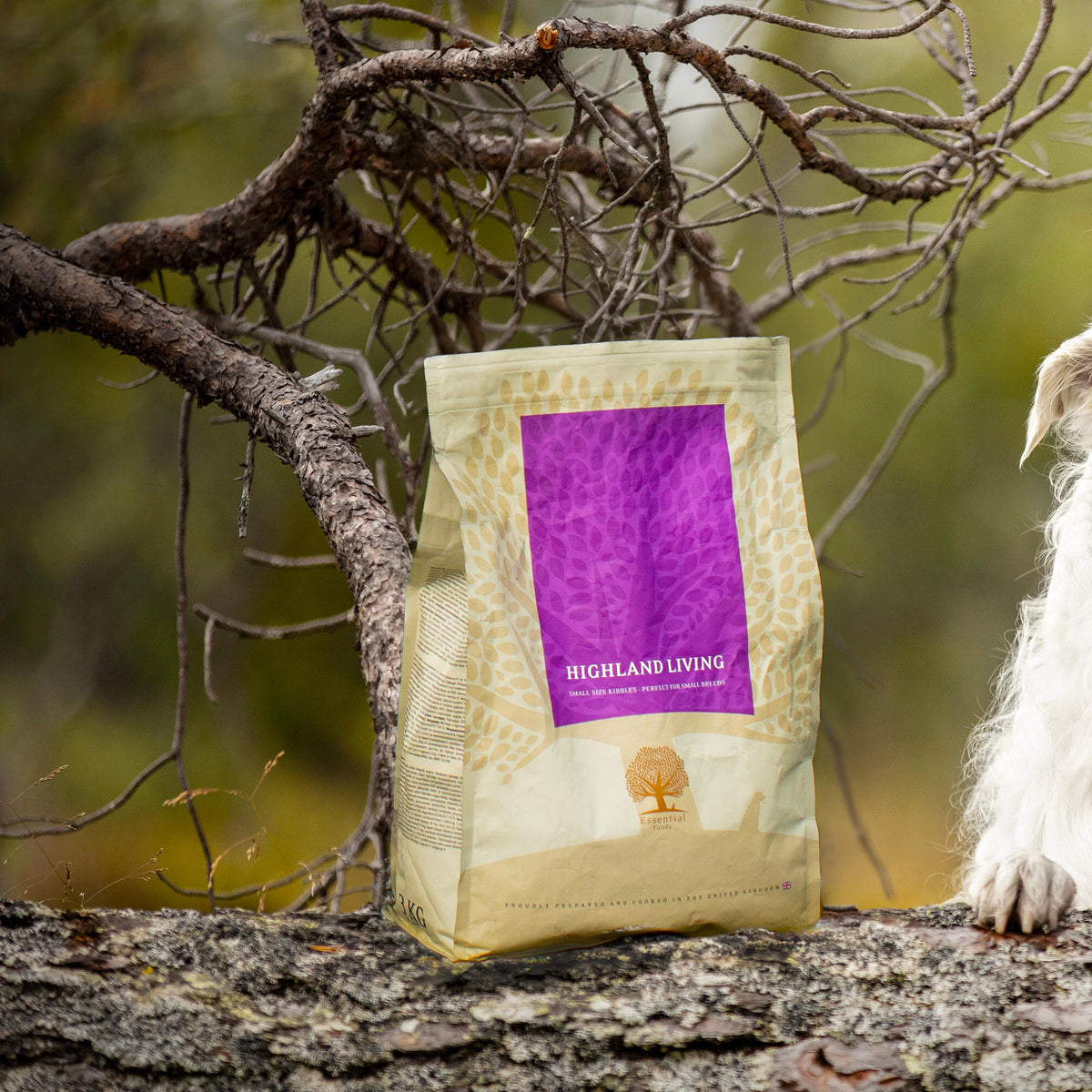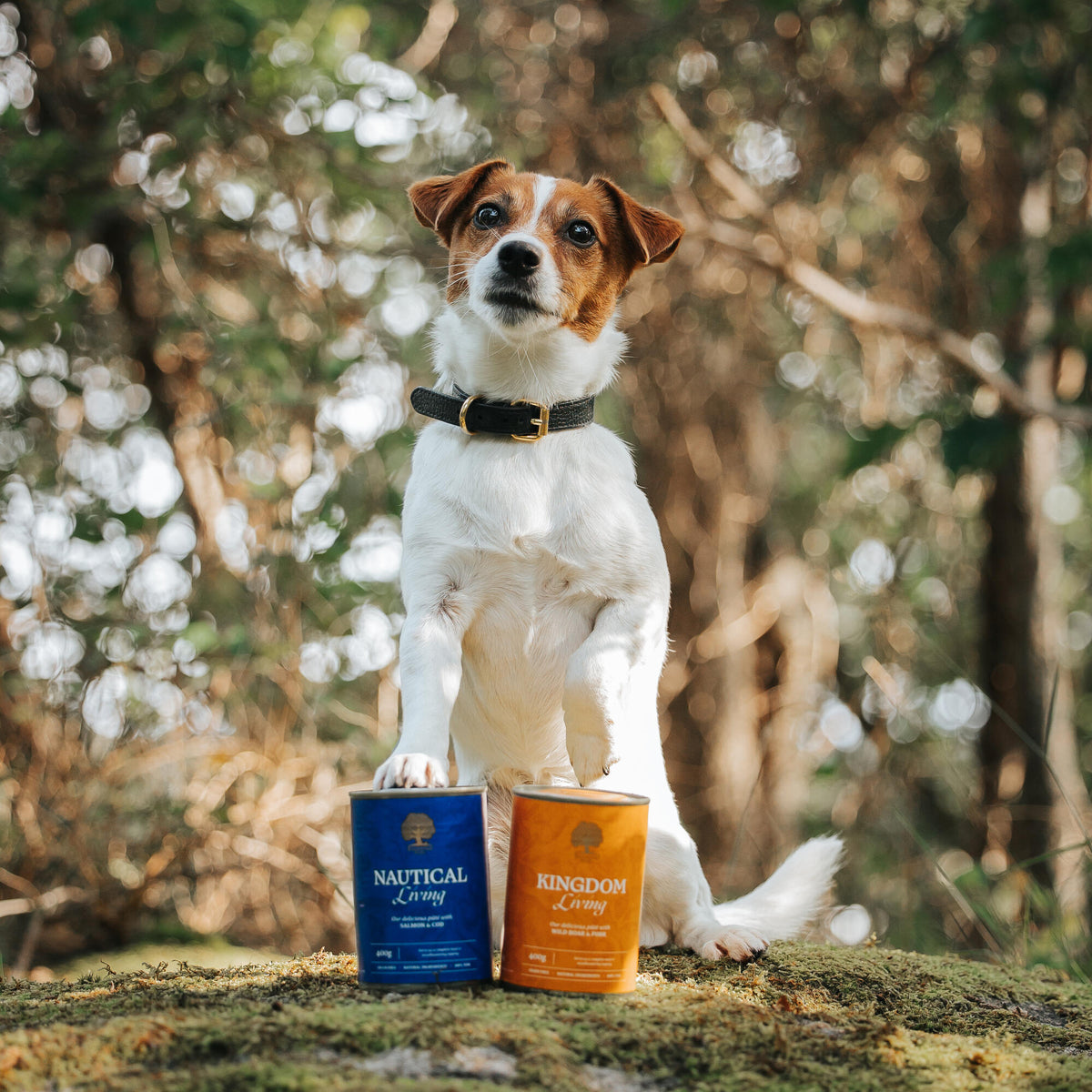Your Cart is Empty

Dogs are cherished members of our families, and their health and well-being are paramount. As responsible pet owners, it's essential to be aware of potential health concerns that may affect our furry companions, including food allergies. In this article, we'll delve into the intricacies of food allergies in dogs, exploring their causes, symptoms, and management strategies.
Food allergies in dogs occur when their immune system mistakenly identifies certain ingredients in their diet as harmful invaders. This immune response triggers a range of symptoms, indicating an adverse reaction to specific food components.
Identifying food allergies in dogs can be challenging, as symptoms often overlap with other health conditions. However, common signs may include:
If you notice any of these symptoms in your dog, it's essential to consult with your veterinarian for a proper diagnosis and treatment plan.
Many commercial dog foods contain ingredients that are known allergens for dogs, such as:
These ingredients can trigger allergic reactions in susceptible dogs, leading to discomfort and health issues.
The quality and composition of your dog's diet play a significant role in the development of food allergies. Low-quality ingredients, artificial additives, and fillers in commercial dog food can increase the risk of allergic reactions. Therefore, choosing a high-quality, hypoallergenic diet is crucial for dogs prone to food allergies.
Natural dog food emphasizes wholesome, minimally processed ingredients, free from artificial additives or preservatives. It provides essential nutrients in their natural form, promoting overall health and well-being in dogs.
Grain-free dog food eliminates common grains like wheat, corn, and soy from the formula, making it suitable for dogs with grain sensitivities or allergies. Instead, it incorporates alternative carbohydrate sources such as peas, lentils, or potatoes.
Dry dog food, also known as kibble, is a convenient and affordable option for many pet owners. It offers a long shelf life, easy portion control, and may help support dental health by reducing plaque and tartar buildup.
Choosing the best dog food for your pet involves considering factors such as ingredient quality, nutritional content, and your dog's individual needs. Look for reputable brands that prioritize quality ingredients and balanced nutrition for optimal health.
Puppy dog food is specially formulated to meet the unique nutritional needs of growing puppies. It contains higher levels of protein, fat, vitamins, and minerals to support healthy development during this critical stage of life.
Grain-free dog food offers several benefits for dogs with food sensitivities or allergies:
By eliminating common allergens like grains, dogs may experience relief from itching, skin irritations, and gastrointestinal upset, leading to overall improved health and well-being.
When it comes to choosing a grain-free dog food, Essentials grain-free dog food stands out as an excellent choice for your furry friend. Formulated with premium ingredients and tailored nutrition, Essentials grain-free dog food provides complete and balanced nutrition to support your dog's health and vitality.
If you suspect that your dog has a food allergy, your veterinarian can perform diagnostic tests to confirm the diagnosis. These may include food elimination trials, blood tests, or skin tests to identify specific allergens.
Once the allergen has been identified, the primary treatment for food allergies in dogs is dietary management. Your veterinarian may recommend switching to a hypoallergenic diet, such as grain-free dog food, to alleviate symptoms and improve your dog's quality of life.
In conclusion, food allergies can significantly impact your dog's health and well-being, leading to discomfort and distress. However, by understanding the signs and causes of food allergies and choosing the right diet, such as Essentials grain-free dog food, you can help manage your dog's allergies effectively and ensure they lead a happy, healthy life.
What are the symptoms of food allergies in dogs?
How can I determine if my dog has a food allergy?
Can food allergies in dogs be cured?
Is grain-free dog food suitable for all dogs?
How do I transition my dog to a grain-free diet?


